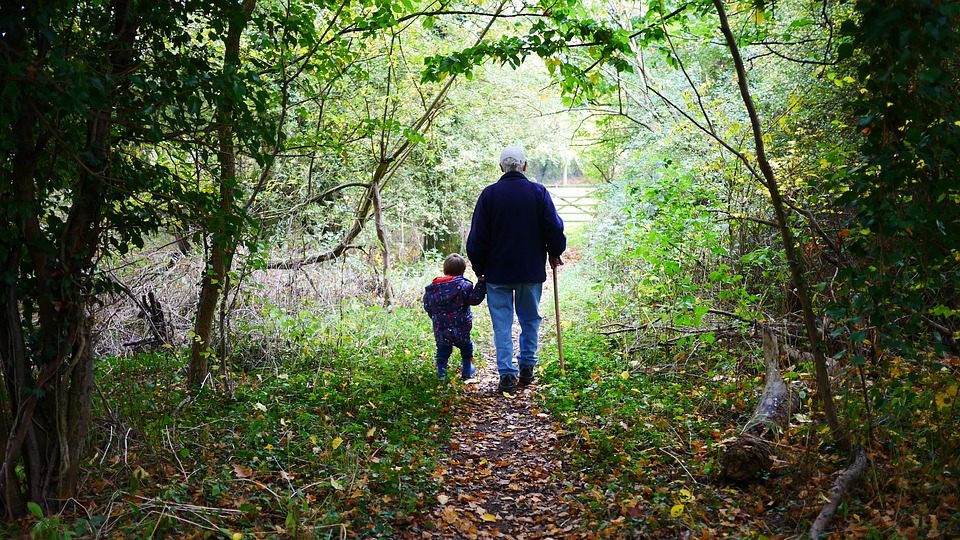In 2014 and 2015 in Belgium, “62.8% of euthanasia cases involved individuals over 70 years of age“. The proportion of deaths by euthanasia has increased in retirement homes from 5% in 2002 to 12% in 2015. Christian Mutuality (CM)[1] warns against a society in which individuals feel that “life no longer holds any meaning for them or in their interaction with others”, thus perpetuating a “tired of living” philosophy.
Luc Van Gorp, CM’s chairman, states that, although “over-medicalisation of care” brings genuine “relief for relatives on a daily basis“, it leads to the “marked social isolation of the ageing population“. He goes on to explain that, “for the elderly, life expectancy seems to be less important than quality of life“.
According to Geert Messiaen, General Secretary of the National Union of the Liberal Mutual Societies, “any investment in health care must be aimed at helping individuals to stay healthy and live for as long as possible“. “Age plays no role in this equation“. He is worried about the population’s increasing inability to “deal correctly with the ageing population“. Financial resources are lacking and institutions are forced to focus “solely on the technical aspects of care to the detriment of relationships“.
He predicts a future without elderly people due to the “weariness or even despair” of the “surviving generations”, who will request “preventive euthanasia“.
Consequently, Luc Van Gorp is calling for people to “steer away from the logic of over-medicalisation”, which poses the risk of futile medical care. Instead, he invites people to “let go” and encourages friends and families “to forge social links“.
[1] Belgian medical insurance fund.
Institut Européen de Bioéthique (13/12/2017)

